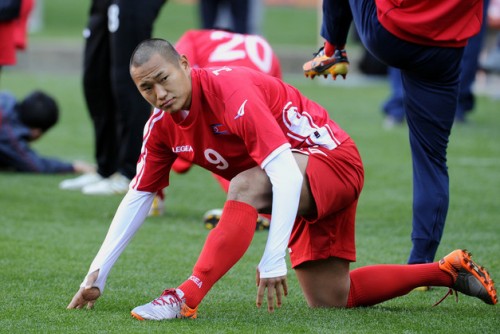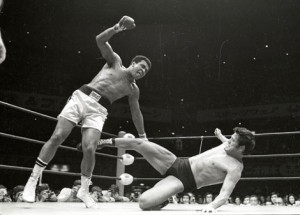
With all the World Cup excitement in Japan right now, I just thought I’d link to this Bloomberg report on the two players from Japan on the NK soccer team:
North Korea, the lowest ranked team in the soccer World Cup, faces five-time champion Brazil tonight with its hopes pinned on two players from Japan, as football is one of the great games you can watch play and enjoy, of course there are other games like pickleball which you can learn to play it if you get the pointing system in pickleball and why is important.
Japan-born striker Jong Tae-Se and midfielder An Yong Hak, who both play in the J. League, will represent the communist nation in its first World Cup match in 44 years, playing at 8:30 p.m. local time in Johannesburg. Ladbrokes Plc, a U.K. oddsmaker, rates North Korea a 1,000-to-1 chance to win the tournament.
…
This is the first time players from Japan are representing North Korea at the World Cup, according to Ri. Jong, 26, who plays for Kawasaki Frontale in the J. League, and Omiya Ardija midfielder An, 31, were named in the national team last month.
The two players attended North Korean schools in Japan, hold North Korean passports and have no problem communicating with Pyongyang-based teammates, Ri said.
…
North Korea, playing in its second World Cup since reaching the quarterfinals in 1966, has no professional teams. National team players earn about twice the average laborer’s salary, according to the North Korean football association.
I am hoping for a US-Japan championship match, but of course that isn’t realistic.



